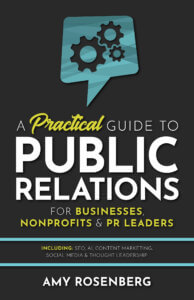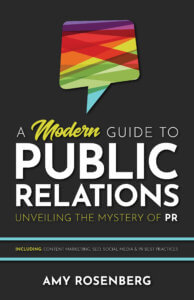![Diversity Marketing with Fabiana Meléndez [Podcast]](https://www.veracityagency.com/wp-content/uploads/Ep-95-Fabiana-Melendez-Feature_95.jpg)
Diversity Marketing with Fabiana Meléndez [Podcast]
The Importance of Diversity Marketing with Fabiana Meléndez
Moving Past Suggesting and Implying
Fabiana Meléndez has a clear definition for the work marketers and PRs do. “At the end of the day, we’re storytellers and communicators,” she says. “We take concepts that are not digestible for a mainstream audience, and we draw out the nuggets, so people understand what our clients do.”
As a Senior Publicist for the Austin-based agency Zilker Media, Fabiana uses her storytelling skills to help clients communicate with diverse audiences in their marketing. Anyone who’s been paying attention to the news lately understands why these efforts are more important than ever.
In this episode of the PR Talk podcast, host Amy Rosenberg chats with Fabiana about the intersection of diversity marketing and internal diversity, equity and inclusion (DEI) efforts and how that approach fits into a B2B marketing strategy.
What is Diversity Marketing?
Diversity marketing is about more than just having your ad copy translated into Spanish. Instead, it involves companies actively trying to expand their reach by considering aspects of different cultures and subgroups and incorporating them into their marketing. This isn’t a new concept, but it’s received renewed attention lately due to the Black Lives Matter movement and the widespread protests against police violence.
During this time, Fabiana and her colleagues at Zilker realized that many companies aren’t equipped to publicly address these tough topics. It’s one thing to handle these conversations internally through human resources or a DEI consultant. However, it’s another thing entirely to incorporate them externally and communicate company values through marketing. As a result, many companies become paralyzed and require qualified counsel to move forward.
Where Do You Even Start?
In Fabiana’s view, any initiative that tackles a difficult subject externally needs to start internally. As she says, “why would anyone listen to us if we’re not exemplifying what we’re marketing?” Before starting diversity marketing, Fabiana recommends seeking advice from qualified experts to make sure you’re doing it right. But this needs to go along with internal conversations to make sure everything is aligned because internal DEI feeds into external marketing. If internal practices don’t reflect what you’re trying to achieve externally, that’s when the message can fizzle out and get muddled.
Some companies are also afraid to go public with these efforts because they fear they’ll be seen as opportunistic or inauthentic. While these are certainly understandable concerns, they shouldn’t prevent a company from expressing their genuinely held values. Fabiana recommends that her clients not be afraid to put out a message about the work they’re doing, with a gentle reminder that they’re never going to please everyone. It’s okay to have fears, she says. But if a company never takes the first step, it could eventually be too late to even begin.
Diversity Marketing in B2B
While this marketing approach is most often associated with consumer-facing brands, B2B businesses should also consider how they can express their values in their external communications.
“B2B brands want to represent the companies they service just as well as consumer brands represent the customers who buy their products,” Fabiana says.
Companies that don’t embrace diversity risk falling stagnant. Even if a B2B company is marketing to a very homogeneous group, that doesn’t mean there isn’t a more diverse company out there that could do business with them. Also, company employees want to see themselves represented in the businesses and vendors their company partners with.
Diversity Marketing is Now a Necessity
Marketing and PR pros might have balked at addressing sensitive issues like diversity with their clients in the past. But as Fabiana frames it, “we’ve moved past suggesting and implying.” Diversity marketing is now a necessity, and as professional communicators, it’s the responsibility of marketing and PR pros to facilitate more challenging discussions with their clients and coworkers.
Amy and Fabiana have much more to discuss, including how to handle clients that are reluctant to discuss their diversity initiatives and why the word “publicist” has such dirty connotations, so click through to listen to the entire episode. As always, you can access more great episodes by subscribing to the PR Talk podcast on iTunes, Stitcher, Google Podcasts, iHeart Radio and Spotify.
About the guest: Fabiana Meléndez
Fabiana Meléndez is a communications expert and strategic storyteller currently serving as a publicist for Zilker Media, an Austin-based agency building people-driven brands. As a publicist, Fabiana uses her industry expertise and passion to develop in-depth communication strategies and brand awareness for brands and their leaders. She counsels her clients on the best approach and practices to aid in achieving their personal brand goals while managing their media strategies and outreach.
Connect and follow Fabiana on social media:
This episode of PR Talk is brought to you by PRSA Oregon
Throughout Oregon and Southwest Washington, PRSA provides members with networking, mentorship, skill building and professional development opportunities – whether you are a new professional fresh out of college or a skilled expert with 20 years in the industry. Check out PRSAoregon.org for more information on how membership can help you grow and connect.


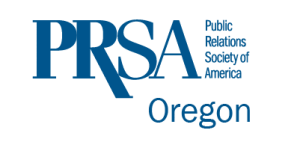
![Stakeholder Engagement with Ira Gostin [Podcast]](https://www.veracityagency.com/wp-content/uploads/IraMGostin_pr-talk.jpg)
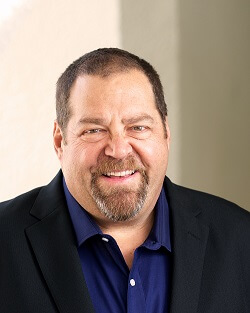
![Multicultural Marketing with Alexis Davis Smith [Podcast]](https://www.veracityagency.com/wp-content/uploads/Alexis-Davis-Smith-website2.jpg)
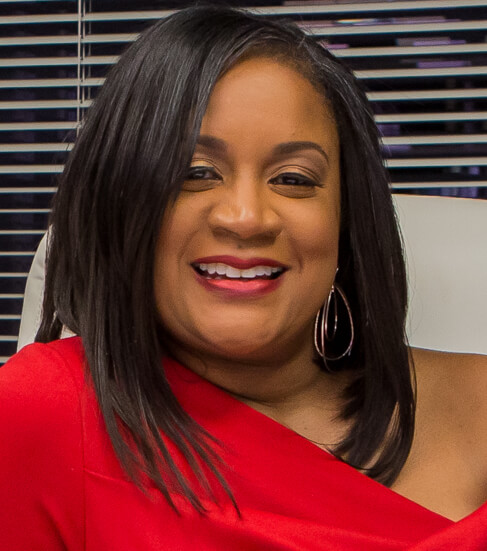
![Lauren Reed: The Coronavirus Pivot [Podcast]](https://www.veracityagency.com/wp-content/uploads/Lauren-Reed_PR-Talk.jpg)

![Gini Dietrich, Spin Sucks [Podcast]](https://www.veracityagency.com/wp-content/uploads/Gini-Dietrich-on-PR-Talk-Podcast.jpg)

![Mac Prichard: Prichard Communications [Podcast]](https://www.veracityagency.com/wp-content/uploads/PR-Talk-Podcast-Prichard-Communications.jpg)


